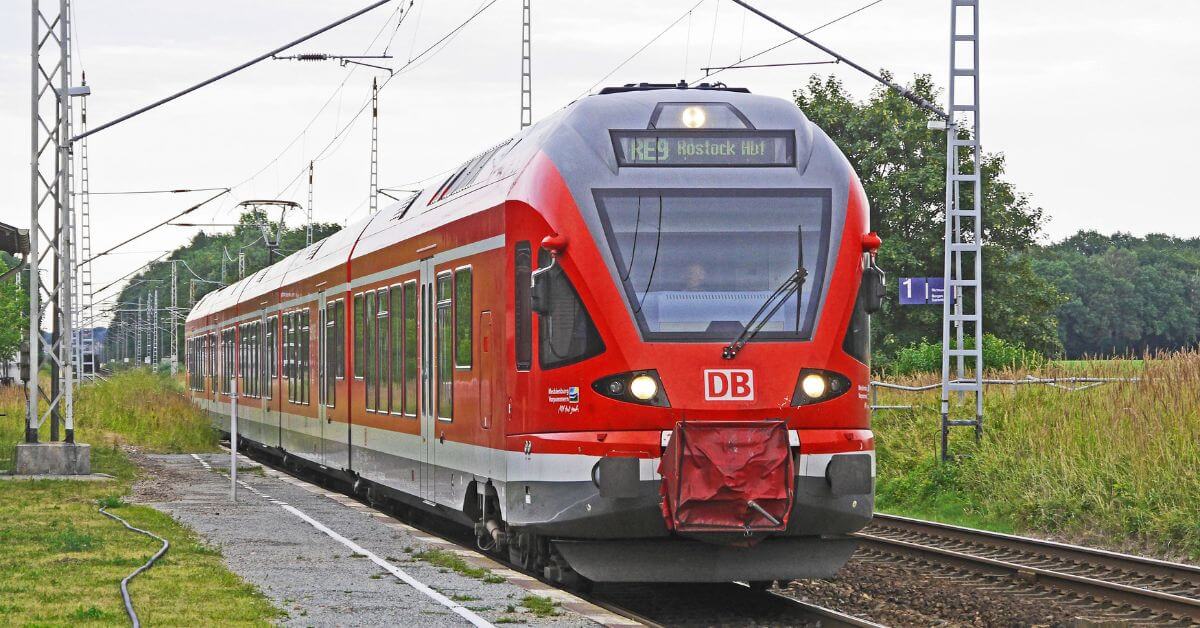Nigeria’s capital, Abuja, is renowned for its urban growth and modernism.
The Abuja Light Rail, a mode of transportation that has substantially changed how locals and visitors navigate the city, is one of the foundational elements of its effective transportation system.
We’ll examine the dependability, advantages, and effects of Abuja’s Light Rail system in this in-depth guide, illuminating its relevance and addressing any questions you might have.
Launching Abuja’s Light Rail System with Efficiency and Accessibility
- The emergence of a vision
The Abuja Light Rail was intended to be a solution to the city’s increasing traffic congestion and transportation issues by offering a dependable, practical, and environmentally friendly mode of transit.
- Widespread Network
The city’s Central Business District, Kubwa, Gwagwalada, and Airport terminals are just a few of the important locations connected by the city’s Light Rail system, which enables easy mobility for both locals and visitors.
- Technical Marvel
To improve the passenger experience, the Light Rail system uses cutting-edge technology and design to provide air-conditioned trains, roomy cabins, and real-time information displays.
Reliability in Action: Abuja’s Light Rail’s Advantages
- Traffic Control
With fewer automobiles on the road and a smoother traffic flow within the city, the Light Rail has greatly reduced traffic congestion.
- Time Management
The Light Rail is reliable and frequent, saving commuters significant time on their daily commutes and easing the stress brought on by unforeseen delays.
- Effect on the Environment
As a green means of transportation, the Light Rail lowers carbon emissions, resulting in cleaner air and a greener city that supports international efforts to protect the environment.
The Human Connection: Comfort and Passenger Experience
- Increased comfort
In Abuja, where the weather is hot, passengers can enjoy a comfortable, air-conditioned journey that will make their daily commutes or leisurely trips more enjoyable.
- Universal Accessibility
The Light Rail is intended to be inclusive, with features for the disabled, room for strollers and baggage, and special seating for senior citizens.
- Easy-to-use ticketing
The system provides easy-to-use ticketing choices, such as card-based payments, so that users can easily access the train network without the burden of carrying around actual currency.
Realizing Economic Gains: Effect on the Development of Abuja
- Urban Development and Connectivity
Along its courses, the Light Rail has accelerated urban development, attracting capital and boosting business activity in previously underserved regions of the city.
- Boosting Tourism
As a convenient and reliable transportation option, the Light Rail attracts tourists and business travelers, contributing to the city’s economy and boosting its profile on the global stage.
- Employment Opportunities
The construction and operation of the Light Rail system have generated jobs, benefiting the local workforce and contributing to Abuja’s economic growth.
Addressing Curiosity: People Also Asked
- How much does it cost to ride the Light Rail?
The fare varies based on the distance traveled, with affordable rates that make the Light Rail an attractive and cost-effective mode of transportation.
- Is it safe to utilize the Light Rail?
Yes, the Light Rail system places a high priority on passenger safety.
To guarantee a secure trip, security staff, surveillance cameras, and safety standards are in place.
- Will the Light Rail network be expanded?
Yes, there are continuous initiatives to expand the network to other locations in order to improve connectivity and accessibility in the city.
Maintaining Progress: Upkeep and Future Objectives
- Upkeep Schedule
Regular maintenance and repair, along with qualified specialists monitoring and swiftly resolving any difficulties, ensure that the Light Rail system stays dependable.
- Potential Innovations
With the potential integration of smart technologies, better user experiences, and seamless communication with other forms of transportation, Abuja’s Light Rail is still developing.
Conclusion
As our investigation of Abuja’s Light Rail system comes to a close, it is clear that this cutting-edge means of transportation has assimilated into the urban fabric of the city.
The Light Rail serves as a symbol of the city’s dedication to progress and sustainability by reducing traffic congestion and improving passenger convenience.
So whether you’re a local traveling to work or a tourist taking in the city, Abuja’s Light Rail system’s dependability and efficiency offer a smoother, greener, and more pleasant ride.
The Light Rail shines as a beacon of innovation and a representation of Abuja’s forward-thinking mentality as the city’s capital continues to expand and change.





